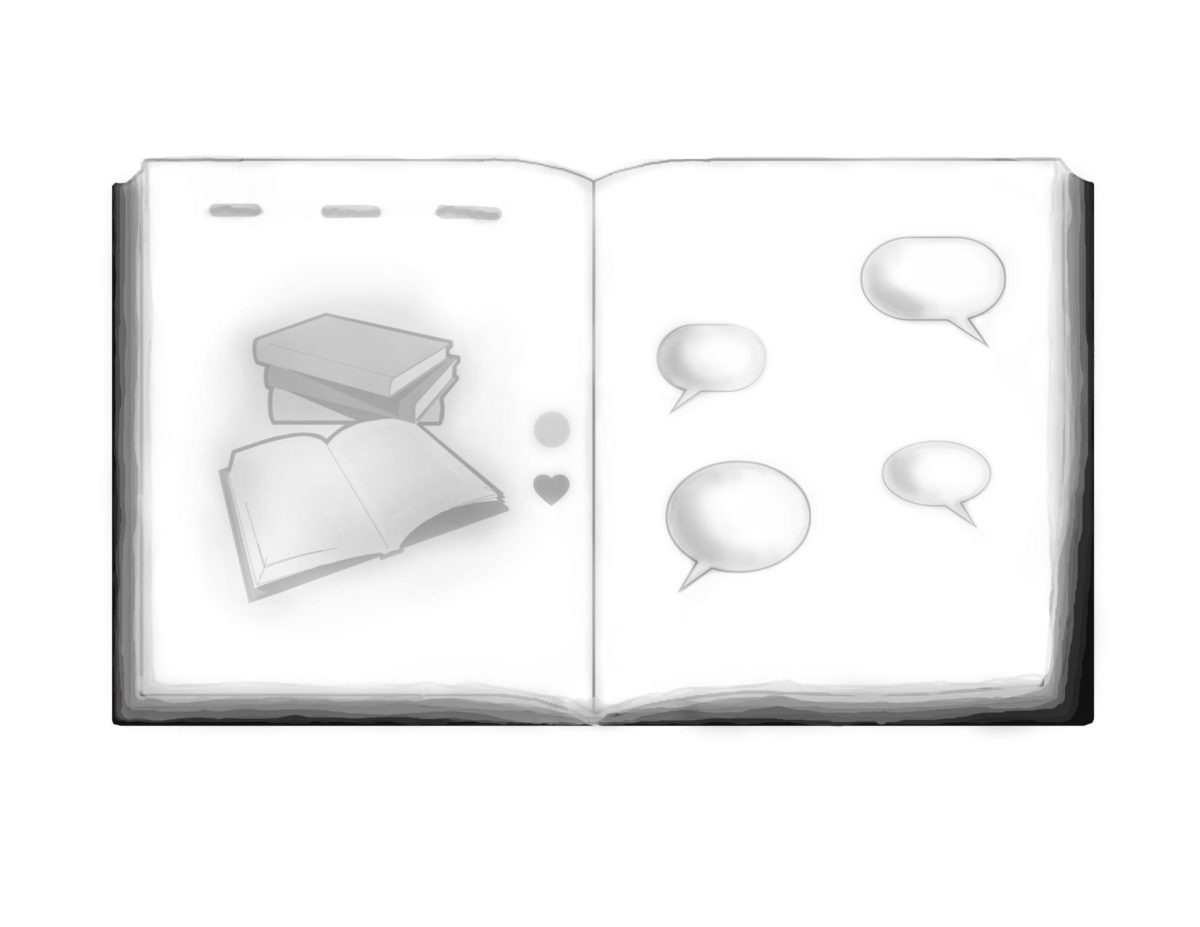“We don’t do anything secretive or exciting, it’s just business,” said Douglas Carlsen, manager of the Whitman College Bookstore for the past 23 years.
While he admits that the prices may at times be more expensive than online, the bookstore aims to help students, despite what some may say when looking at a price tag.
The bookstore continuously works to help students. Auxiliaries earned from bookstore purchases come back to the students through the amount they pay in tuition. When sales in the bookstore decrease, the school does not receive as much money, and tuition increases.
Book buyback within the store works, as Carlsen said, by “simple supply and demand economics at its most fundamental.”
When a student comes in to sell back a book, it either goes into the on-campus or off-campus market, depending on the demand for the book the following semester. If a book is not needed, it goes into the off campus market. Generally, this means the bookstore ships the book back to the initial place of purchase. With shipping costs, this transaction gains the bookstore little or no profit. For this reason, the bookstore can only afford to give students 0 to 20 percent on the dollar of the initially paid price.
On the other hand, when a faculty member says they will use the book for their class the next semester, the student gets around 50 percent on the dollar of the established retail price.
Though the bookstore has not altered many of its policies, Carlsen said the staff is working to increase the amount of money they can give students for their books.
“One thing that the bookstore has changed is in the coordination and communication with faculty to get adoptions in a more timely manner,” said Carlsen.
This helps the bookstore know ahead of time whether or not the book will be used the next semester. If an adoption of a book happens later than the student buyback period during finals week, the bookstore can only offer students 20 percent maximum on the book, whereas if they know a faculty member wants to use it, they can give 50 percent.
“We want to open up pathways of communication, realizing both have deadlines, and work together so that the student can get the best price,” said Carlsen.
One service that the bookstore offers that is unique to Whitman is their buyback policy at the beginning of the semester. They allow students to return books in the first week of school, no questions asked, and within the first six weeks with a drop slip from a class. In these cases, the student gets a full refund.
Within the bookstore, the most expensive books are textbooks.
“The price of a book is based on the product and materials. The general quality of textbooks is a lot higher. Companies spend millions to produce textbooks and within one semester, their own products are their competition,” said Carlsen.
“The margins on textbooks are fairly sound nationwide. When students compare prices to other schools there is a sense of not really knowing what they are comparing. If prices are high, there is no way around that.”
“I understand why people become infuriated. They don’t see the bookstore isn’t hiking prices way up,” said bookstore employee, junior Margaux Faris-Merkert.
“It’s really a universal phenomenon. It’s kind of the nature of school being expensive in general,” said Faris-Merkert.
Junior Matthew Beckett, decided to come up with a way to help students get a better deal on their textbooks.
He created the Whitman Underground Book Exchange group on Facebook.
The Web site connects people who need a book with a people looking to sell the book. They sell the book for 50 to 75 percent of the original purchase price. “If two students can connect, and reach an agreement about the price of a book that is between the price that the bookstore would pay for the book and what the bookstore sells the book for, everyone wins. The seller gets more money for the book than the bookstore would have paid, the buyer pays less for the book than the bookstore would have chargedw and the bookstore incurs no direct loss,” said Beckett.
Essentially, all involved are in the business of providing for the students. Students have the option to decide which resource to take advantage of. Faris-Merkert said, “It’s up to you to decide where to buy and whether or not you want to buy.”











